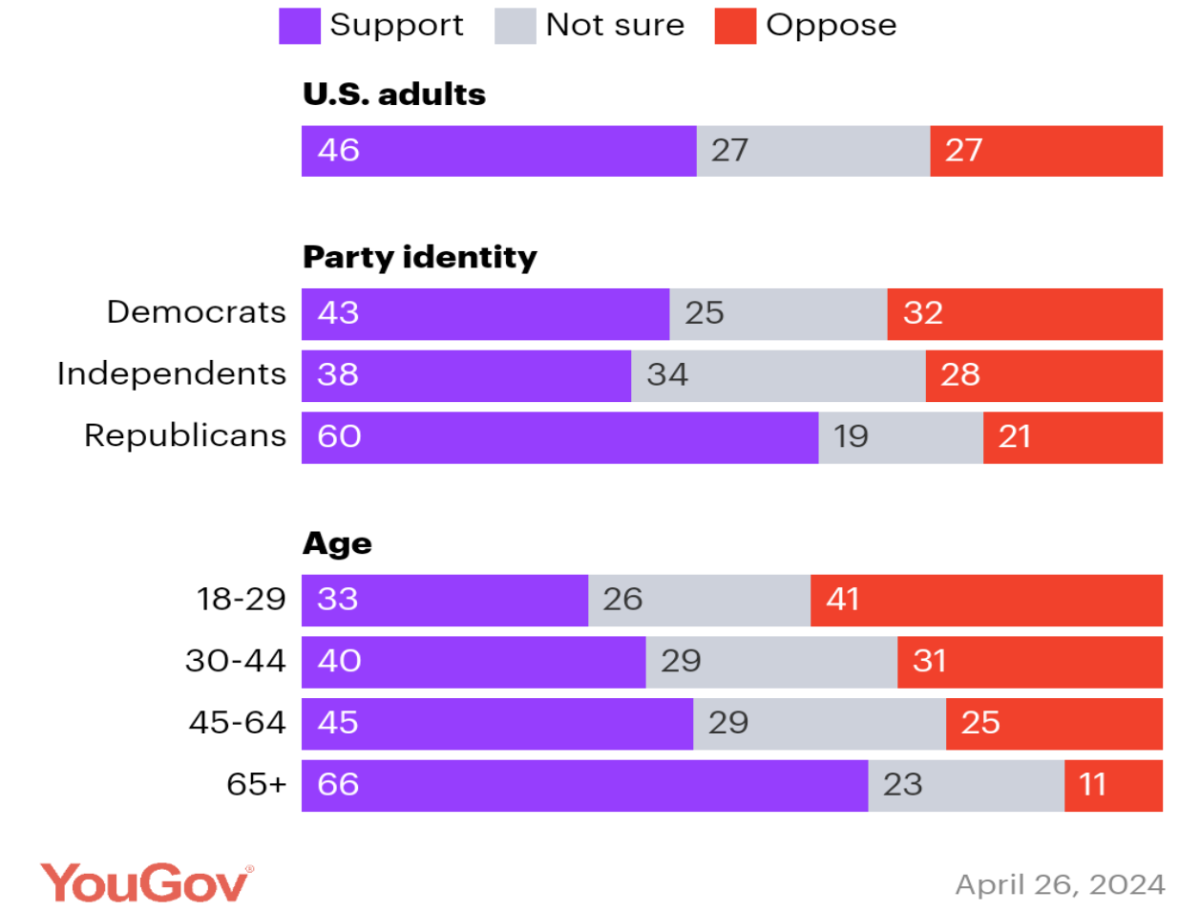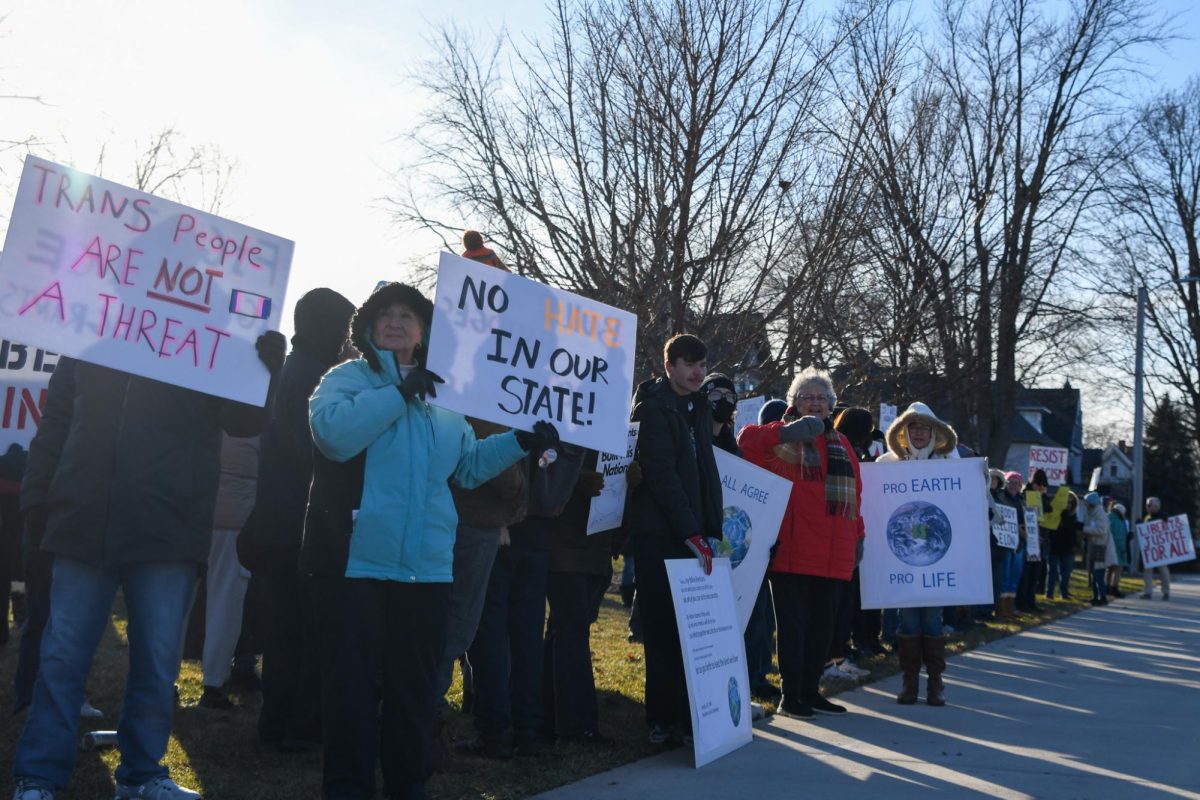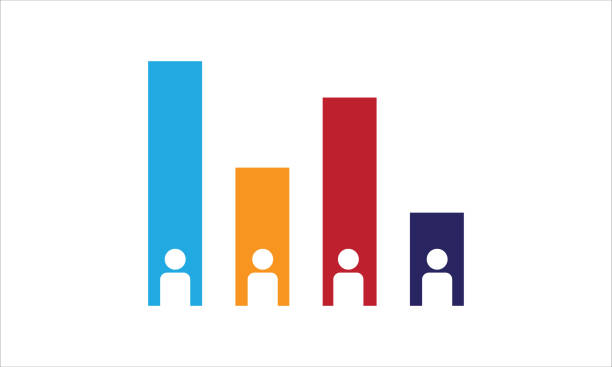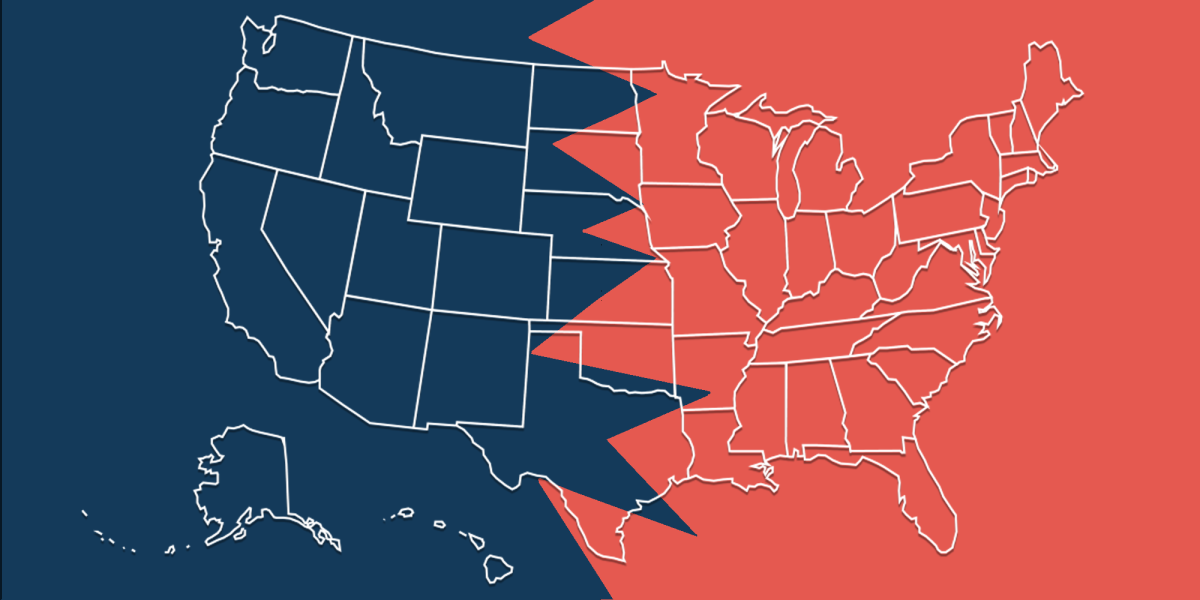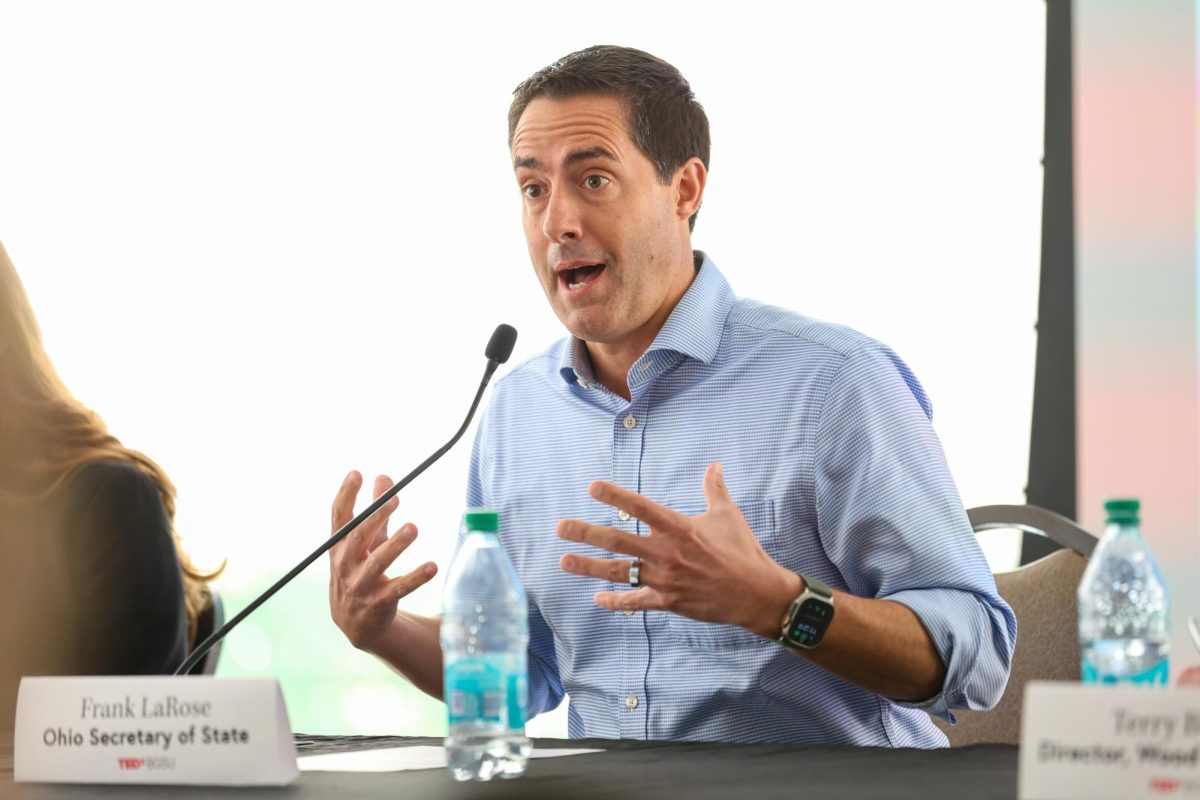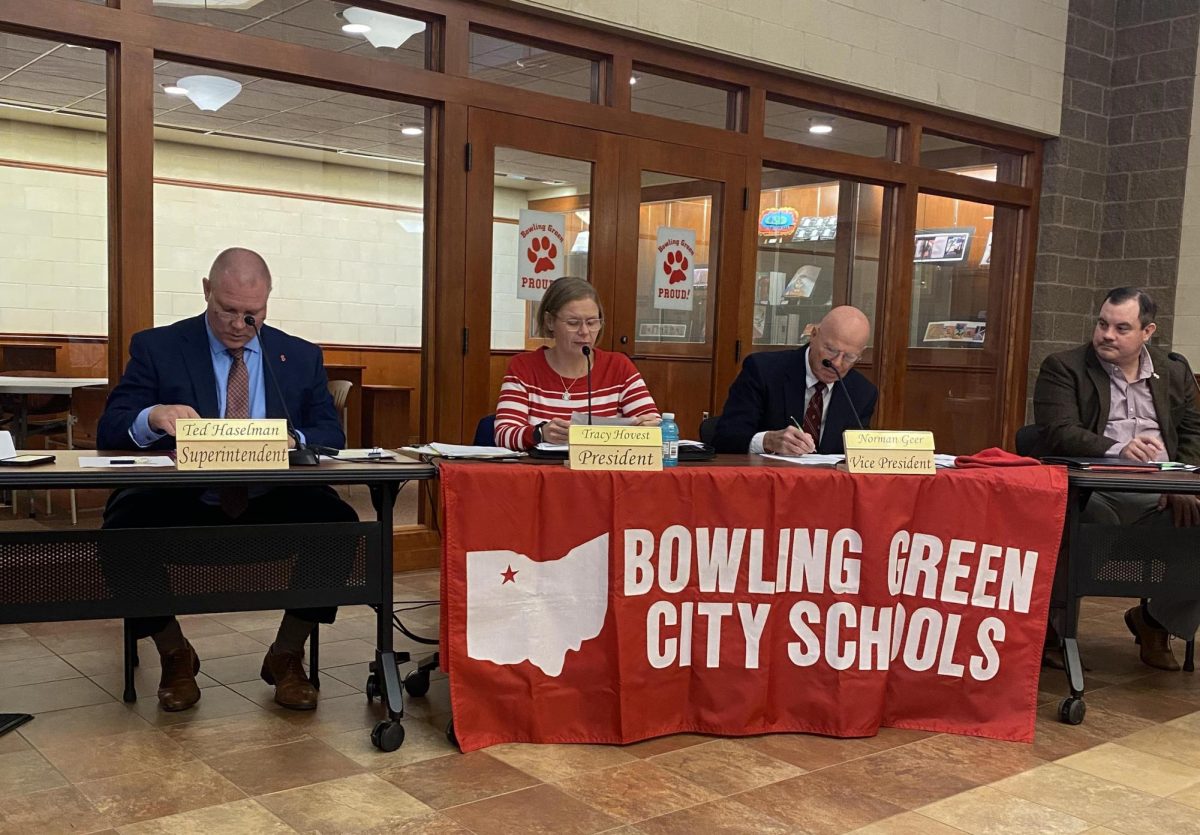Americans of different age groups disagree on whether TikTok should be banned in the U.S. if its Chinese owner does not give up ownership, according to survey data from YouGov.
66% of Americans 65 and older support banning TikTok if it is not sold to an American company, while only 33% of Americans aged 18-29 support banning TikTok if it does not switch ownership. This survey data came after Congress passed a law in April of 2024 that required ByteDance, the Chinese owner of TikTok, to give up ownership or have TikTok banned in the U.S., according to YouGov.
Lousia Ha, a professor in the School of Media and Communication at BGSU who studies social media and international conflict, said one of the primary reasons for the disagreement is how accustomed each generation is to social media.
“Young people grew up with social media. Older people, they may be not used to it. People grew up in different ages with different platforms, so they had different expectations,” Ha said.
One of the primary reasons a TikTok ban was proposed was because of concern regarding China having access to user data. Ha explained the younger generation views TikTok the same way they view other social media platforms collecting data.
“Young people are very used to social media, so they know their data is being used and collected all the time,” Ha said.
Ha, who is originally from China, also said the older generation is concerned about TikTok because of its ties to the Chinese government.
“For older people, they are suspicious of new media platforms and social media. The majority of people are supporting this [ban] because the government and Congress is having a very strong anti-China sentiment,” Ha said.
David Jackson, a political science professor at BGSU who studies the links between political preference and young people’s entertainment, agreed with Ha’s statement about China.
“There’s a theory about political socialization that says every individual develops the same politically over time. And there’s different stages that each person goes through because they’re affected by the stuff that happens in their generation. An older generation could definitely feel more negatively toward China because of things they saw and experienced,” Jackson said.
Third-year BGSU public relations major Emme Cloutier, a frequent TikTok user, said she likes to use TikTok because of the platform’s unique traits.
“I like the newer features and the way trends instantly blow up and go crazy,” Cloutier said.
Cloutier said she does have concerns with TikTok but has the same concerns with other social media platforms.
“About them stealing my data, I haven’t even thought about it like that. If anything, I’m more worried about what it’s doing to my mental health and about them stealing my card information,” Clourtier said.
Jackson said because of social media, young people feel more closely connected to influencers.
“What are referred to as parasocial relationships are formed among influencers and celebrities through social media. A parasocial relationship is a relationship that is actually a one-way relationship but feels like a two-way relationship for the person who is the fan. It’s curated intimacy in that it feels like people are really connected,” Jackson said.
Parasocial relationships between younger people and influencers could make it more difficult for young people to want to part with a platform that curates a feeling of friendship with the influencers on the platform.
There could also be political influences at play in the discussion of whether to ban TikTok.
Though President Joe Biden signed the TikTok ban into law in April of 2024, the law provides ByteDance nine months to sell to an American buyer before the ban goes into effect, however, ongoing lawsuits against the government could prevent the law from going into effect, according to an April 2024 article from NBC.
The ban could be affected by the results of the 2025 presidential election. While Vice President Kamala Harris did not make an official statement on the issue, former President Donald Trump said he would not ban TikTok in the U.S. if elected, according to a September 2024 article from Forbes.
Jackson said some may be concerned China’s influence of TikTok could affect American votes in the election.
“[China] could then use the algorithm to send content our way that could sway them [users] in terms of who they support, who they vote for,” Jackson said.


